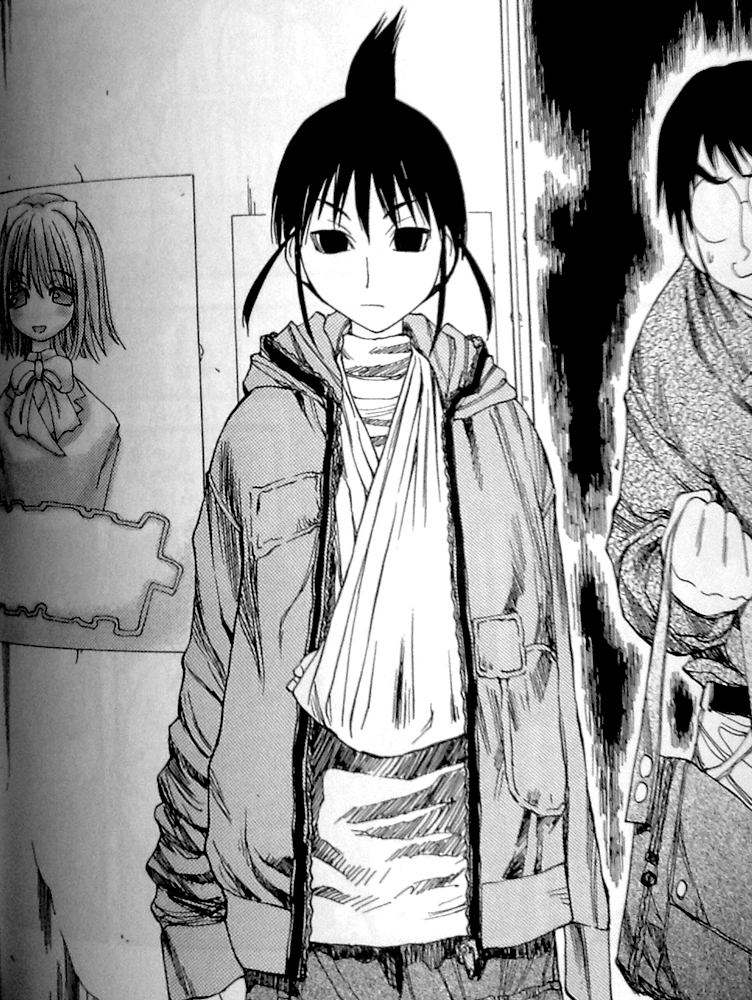
It’s been many years since the late-2000s peak of the tsundere archetype, when the girls with prickly personalities all but captivated anime and its fandom. I was no exception to this—while I don’t consider myself a huge tsundere enthusiast, many such characters are included among my favorites. But as their novelty has aged into a well-worn trope, I’ve found myself almost forgetting how potent they can be in terms of the emotional force they exert upon fans. What‘s more, the reminder I needed was to realize how much has changed in my own life.
In certain ways, I’m not who I was 15 years ago. Mentally and emotionally, I’m in a different place, no longer constantly doubting whether my social awkwardness would ever keep me from connecting to others. However, I can recall what that felt like, and the crushing fear that it might never be overcome. And I can also recall the amazement and comfort I felt seeing characters who had similar struggles. This is essentially what led me to becoming so fond of Ogiue Chika from Genshiken and naming this blog after her. Her fight with herself felt so very real, even if it wasn’t exactly what I was going through.
It’s arguable whether Ogiue is a tsundere, but one can think of tsundere as characters who face a similar conflict between what they feel inside and how they wish to express themselves, but also boiled down to a powerful essence. There is a difference between the old-school and new-school tsundere (a distinction that’s quite long in the tooth these days), but either way, it is an easily digestible personal trait that can be eminently relatable. To see a tsundere lash out is to see a character fight within in a clear and distinct fashion.
You might hear someone say “I wish I had a tsundere partner,” and they could mean that they want someone straight out of anime—a crystalization of a fetish. But they might instead mean “I want someone who understands me because they face similar challenges.” It’s in the ability to occupy both spaces that the tsundere is strongest.
I originally did not intend to bring up Ogiue, but the more I thought about it, the more it made sense. Not only does she skirt the kind of tsundere, but she’s also been portrayed as growing out of the inner turmoil she carried when she was first introduced. She is no longer the same person, and it’s reflected in her personality and even her visual design, but I still love the heck out of her character. Even though the severity of anger and awkwardness she carries has waned, the struggle was undeniably there, and its marks are noticeable. The tsundere is powerful because of how succinctly they capture a variety of heavy feelings in a digestible fashion, and it would behoove me to keep that in mind.